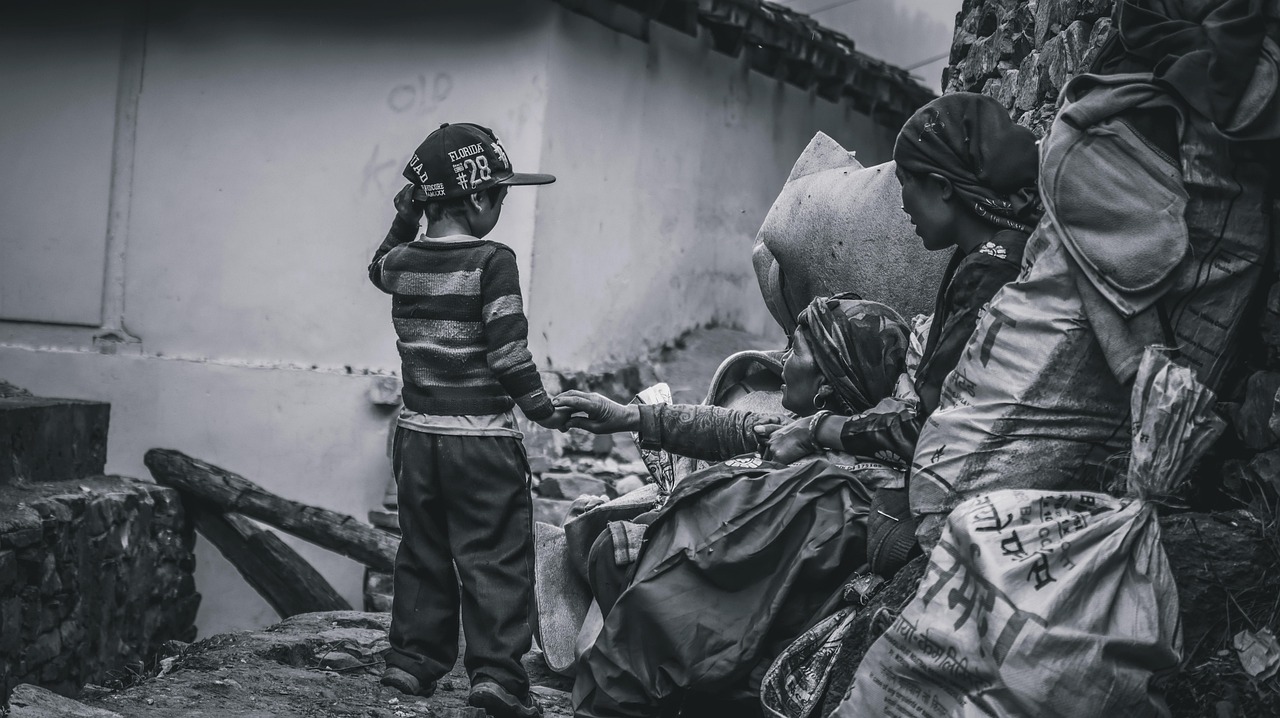Context and Problem
The rapid deterioration of school furniture poses a significant challenge to maintaining functional and conducive learning environments. This issue is exacerbated by a lack of expertise, resources, and a sense of community ownership in maintaining school facilities. Without effective maintenance programs, schools face recurring costs, interrupted daily activities, and a decline in the quality of education. A sustainable solution is needed to address these gaps by building local capacity and fostering a culture of shared responsibility.
Solution
The School Furniture Maintenance and Repair initiative introduces the Mobile Repair Team (MRT) as a key element in addressing this challenge. Comprising two experienced individuals, the MRT not only carries out necessary repairs but also trains local community volunteers to sustain the maintenance process. This training equips community members with skills to ensure ongoing care for school furniture and fosters a stronger sense of ownership and responsibility.
The program includes collaboration with school headmasters to integrate maintenance schedules into the academic calendar, minimizing disruptions to daily activities. Fathers' Councils (FCs) play a crucial role in mobilizing local volunteers, while Mothers' Councils (MCs) collaborate with school administrations and local councils to oversee and support the maintenance process.
Impact
The program establishes a sustainable framework for maintaining school furniture, benefiting students and school staff by ensuring a functional and supportive learning environment. The initiative empowers the community to take ownership of the maintenance process by training local volunteers and reducing dependency on external resources.
Note: further data collection and analysis will have to be carried out to properly understand the programs impact.












